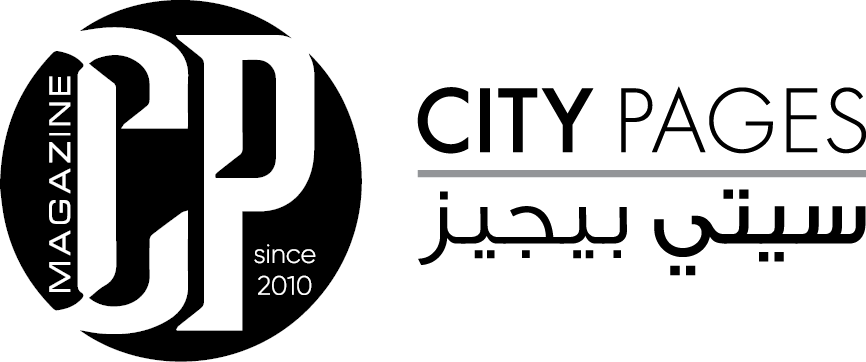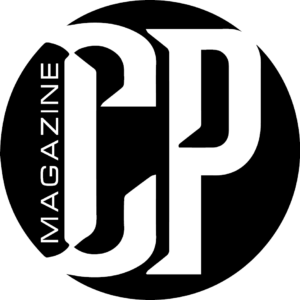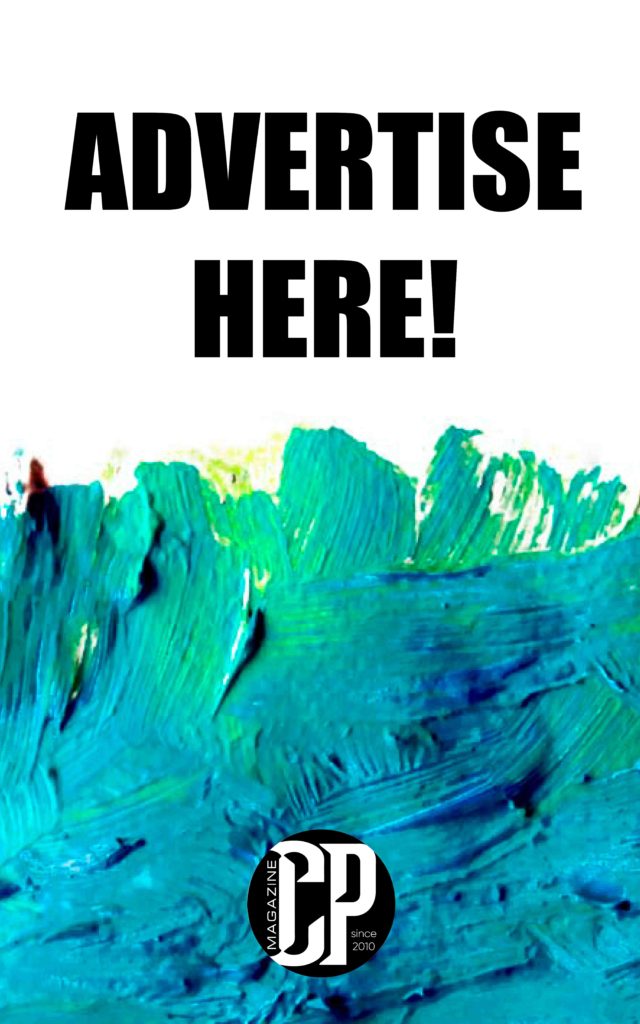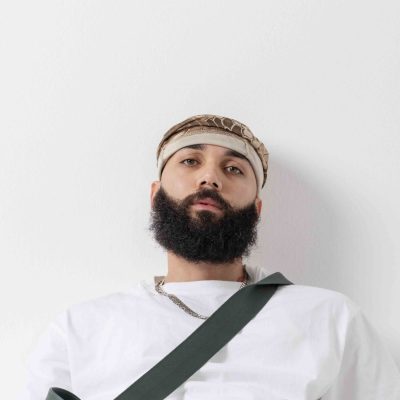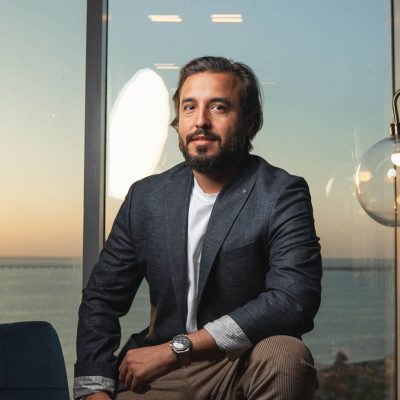“Redefining Environmental Activism in the Middle East”
In this issue, CP Magazine is honoured to present an exclusive interview with Noura Al-Fadhli, a pioneering figure in Kuwait’s environmental movement and the nation’s first recognised Intersectional Environmentalist. Known for her innovative approach to sustainability, Noura has become a vital voice for environmental awareness and community engagement. Her co-founding of the Precious Plastics initiative has empowered countless households in Kuwait to embrace recycling and adopt sustainable habits. Her work demonstrates a deep commitment not only to environmental education but also to grassroots solutions that address pressing ecological issues at a local level.
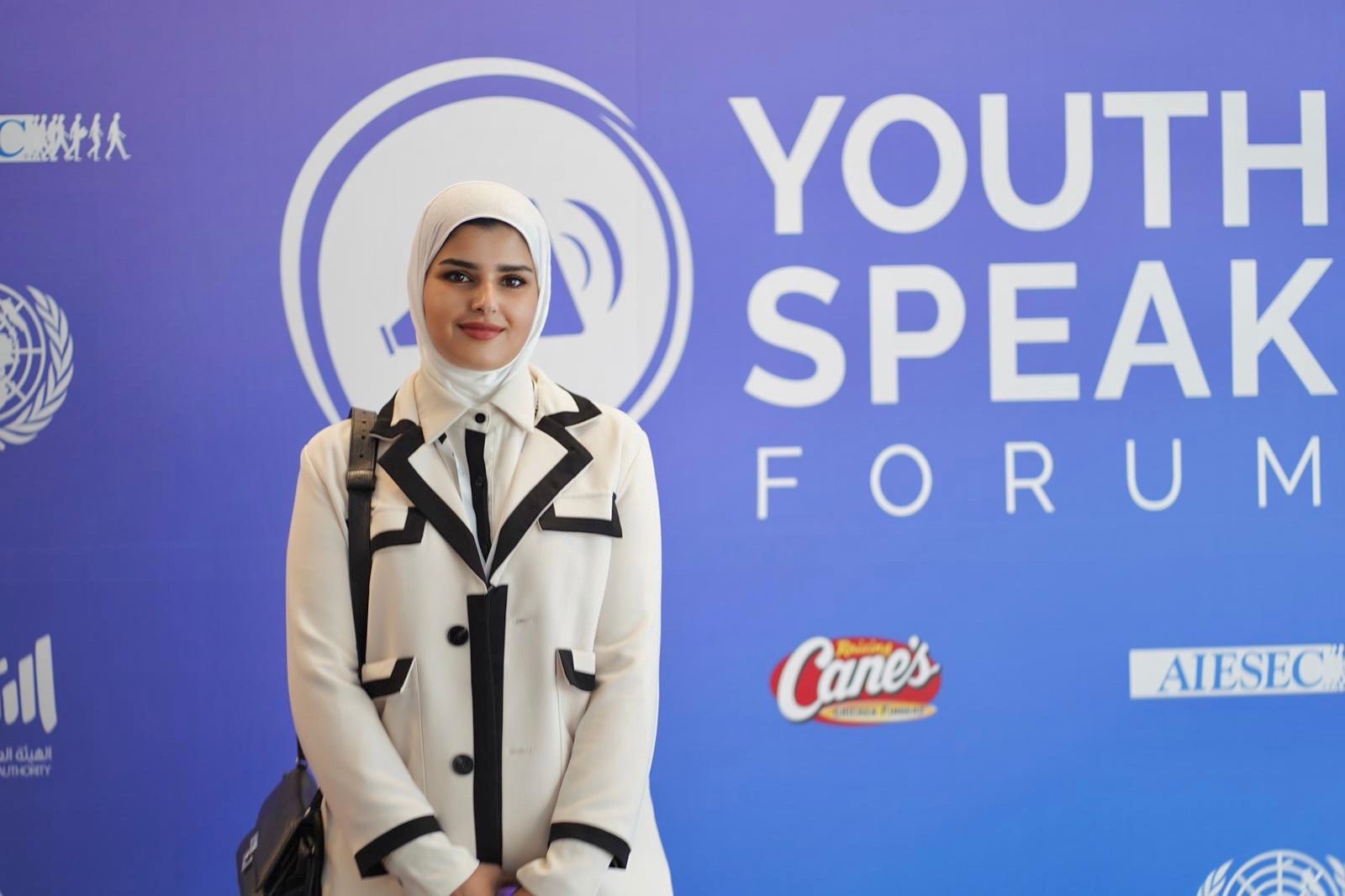
In addition to her groundbreaking projects, Noura’s leadership has been recognised internationally. Selected as one of the Young Women Leaders in the GCC Program in 2019, Noura has leveraged this platform to inspire change and foster collaboration across borders. As Head of the Environment Department in the Al-Saie Volunteer Team, she continues to lead by example, advocating for both immediate and long-term strategies to protect our planet. Recently, she was awarded the Toyota Youth Achievement Award for 2024, a prestigious recognition that further underscores her impactful contributions to sustainability.
In our conversation, Noura shares her insights into the challenges and triumphs of environmental activism, her personal journey, and her vision for a more sustainable Kuwait. Join us as we delve into the story of a remarkable young leader who is transforming environmental awareness in the Gulf region, one initiative at a time.
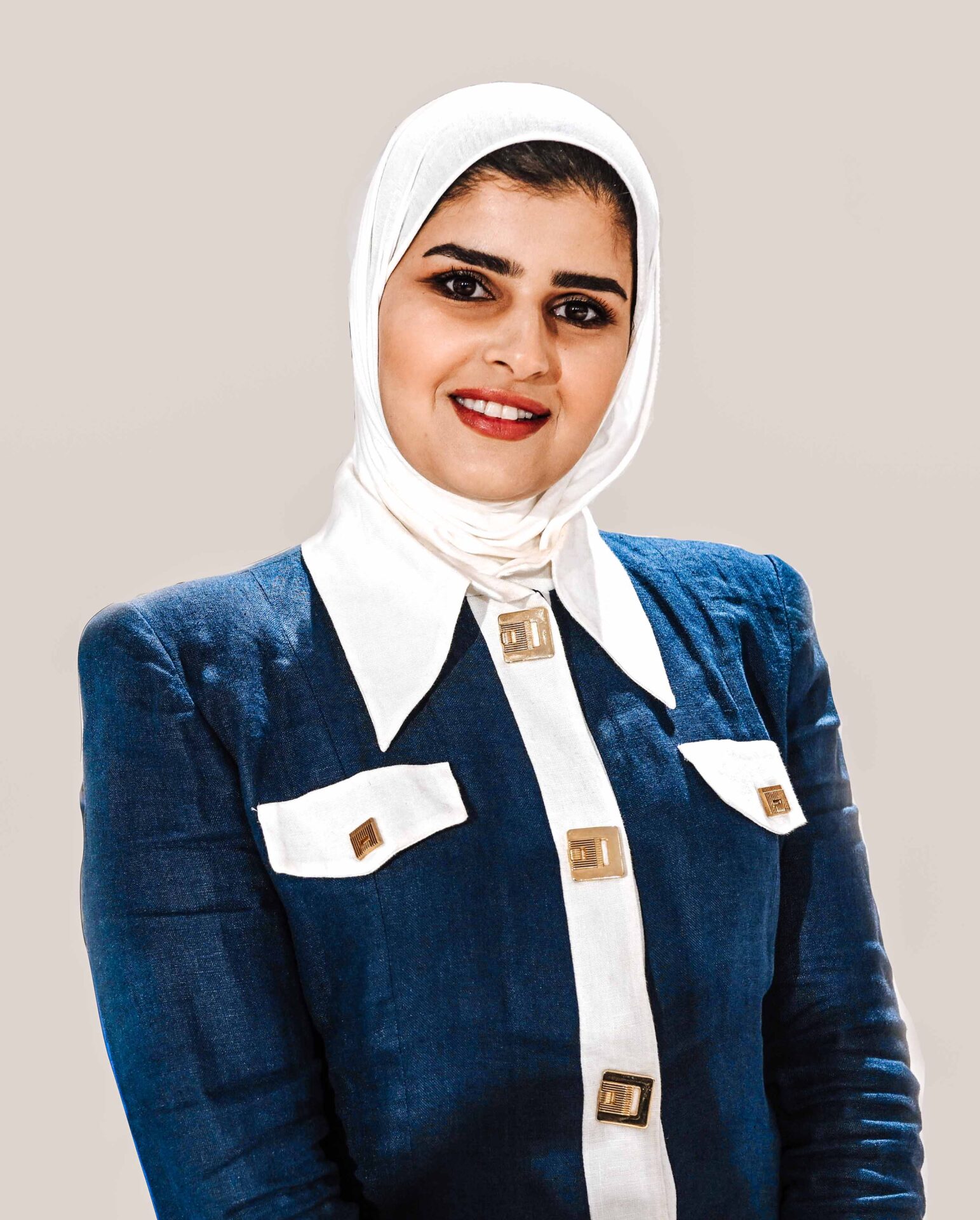
Please introduce yourself to our readers.
Hey, I’m Noura Al Fadhli, a field engineer, specialized in sustainable building solutions, and an intersectional environmentalist since 2018. I co-founded precious plastic in Kuwait and am part of alsaie environmental volunteer group.
Tell us about your education.
I have a bachelor’s degree in electrical engineering, a master’s degree in environmental assessment and management, and have been trained in the diplomatic academy in Vienna for Global Citizenship.
Can you tell us about your journey to becoming Kuwait’s first Intersectional Environmentalist? What inspired you to take this path?
Initially, I started out being mesmerized by wind turbines on my trip to Germany when I was 17. Ever since I researched their use and renewable energy solutions, I dove into environmental awareness and kept improving my knowledge in the field. Up until 2018, which is when I started my Instagram page to advocate for nature preservation, conscious consumption, and ecofriendly everyday alternatives. Within time, I realized all the world’s issues are intertwined. Intersectional focuses on how people and planet are connected and the enhancement of the quality of one, enhances the other.
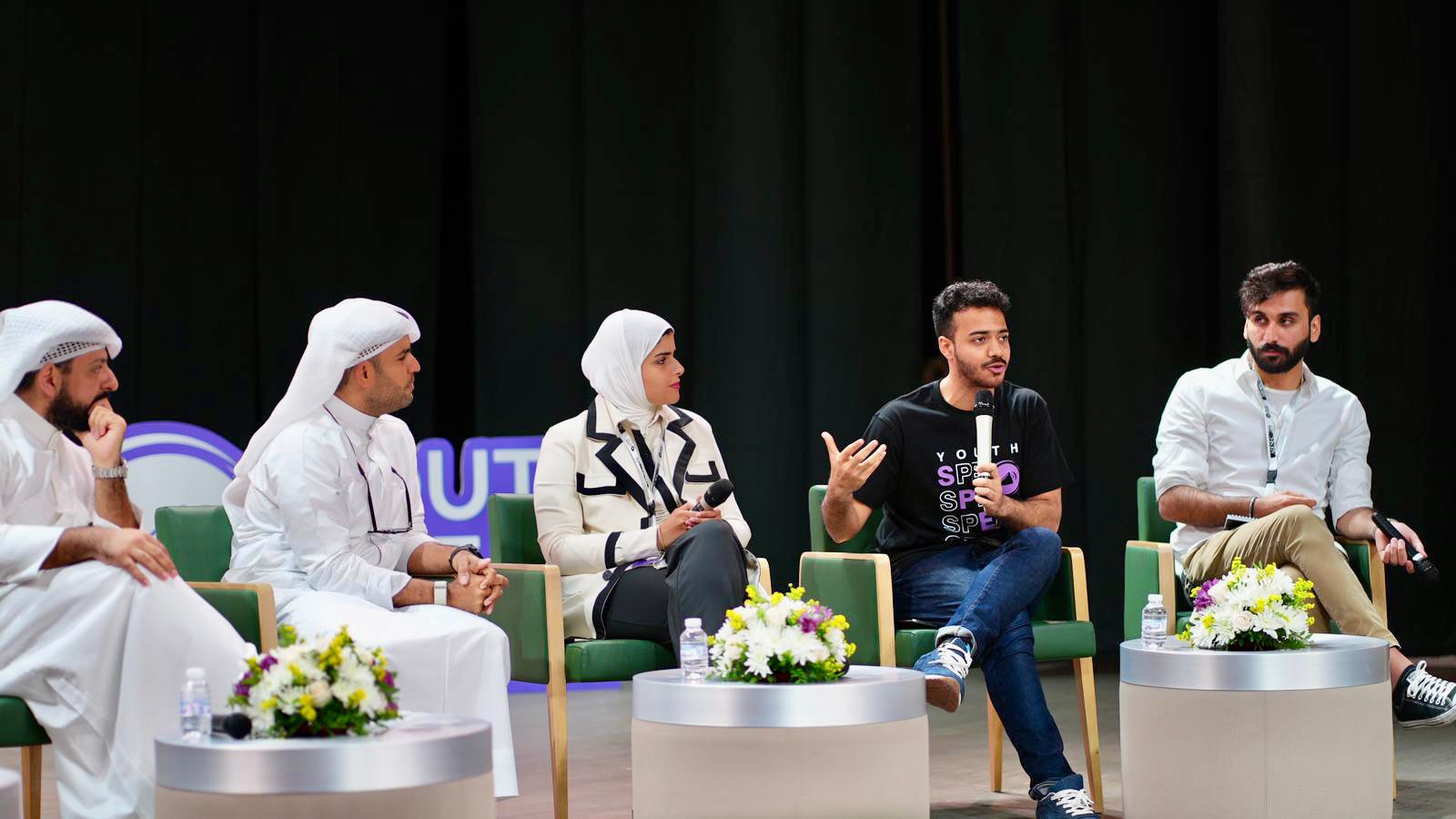
What were the key moments or experiences in your life that shaped your passion for environmental activism?
Another milestone in my environmental journey was about 5 years ago, when spring came but all the butterflies, ladybugs, and colorful flowers didn’t. I used to remember having a ten of ladybugs all over the house’s fence. This spring, I’ve only seen two ladybugs and I’m always out in parks and gardens!
As the co-founder of the Precious Plastics initiative, what challenges did you face when introducing household recycling in Kuwait?
Mainly many people did not know it was simple and super affordable to recycle plastic at home. The lack of proper recycling attention from authorities discouraged enthusiastic people from searching for other solutions.
How has the Precious Plastics initiative impacted the local community in terms of awareness and practical changes in recycling habits?
Precious plastic is a global social movement, where volunteers and enthusiasts from all over the world share their knowledge and expertise in an open-source platform which is what we are spreading through Kuwait’s chapter. We hosted several public and private workshops, showing people how to make their own coasters, bowls, keychains, and accessories using recycled plastic bottle caps!
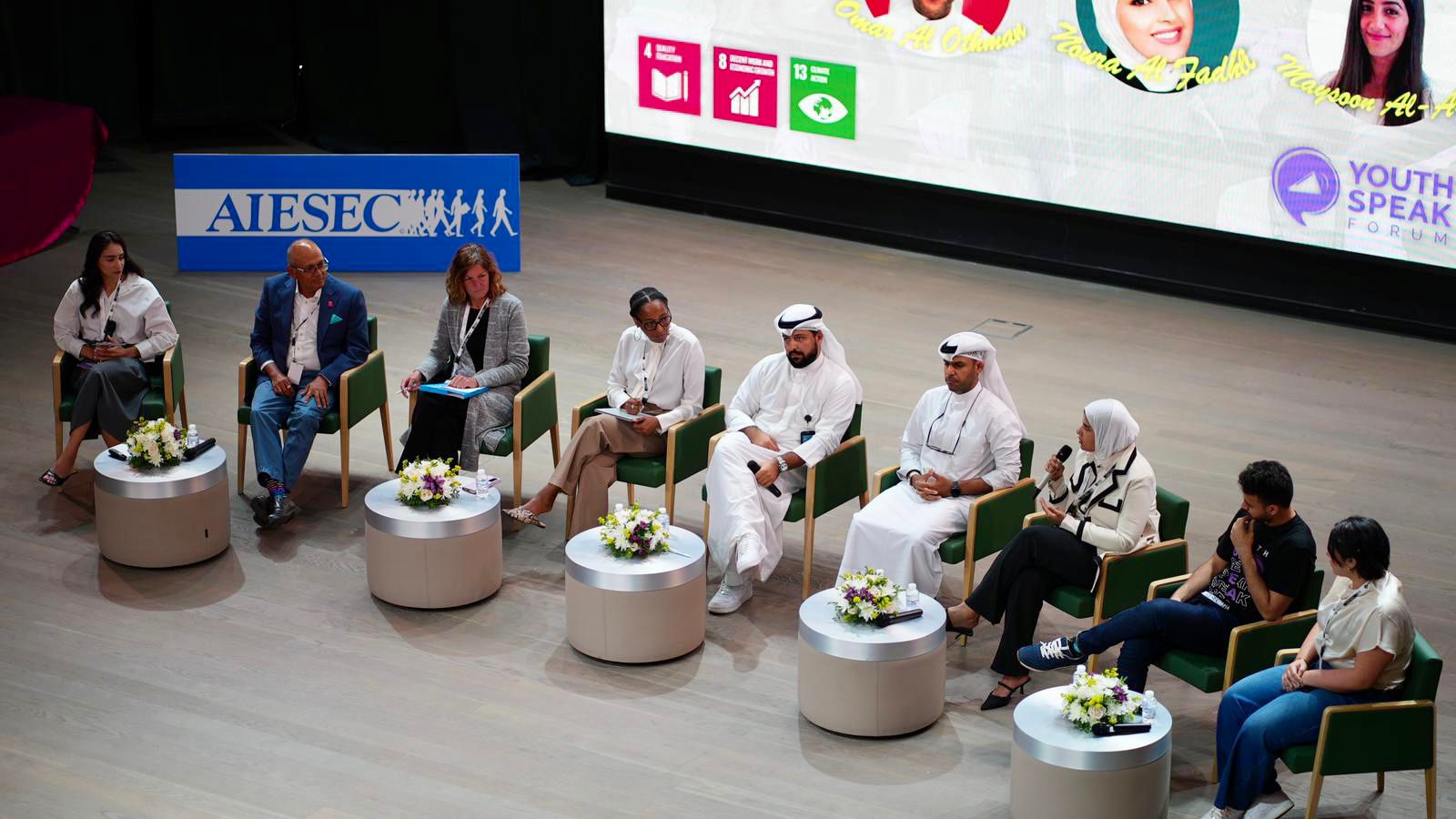
In 2019, you were selected as part of the Young Women Leaders of the GCC Program. How has this experience influenced your leadership approach in environmental advocacy?
I’ve been selected amongst talented young women from all the GCC countries to train as global citizens in various topics related to the SDGs in the Diplomatic Academy of Vienna for three weeks. This experience helped me understand how the GCC has so much in common and how we, as young women can shape the future of our countries through knowledge sharing, collaboration, and pure commitment. I’ve co-founded Precious Plastic Kuwait as my final project for the training course. It helped me lead my small team into several initiatives that had great positive feedback.
What does intersectional environmentalism mean to you, and how do you apply this concept in your work and initiatives?
I try to search for every issue’s root cause, and this is how we get to the main problem at hand. For example, there is a lack of interest of the millennials in environmental related issues, and I used Instagram to communicate the importance of stepping up and working together for a better Kuwait by using the platform millennials use the most.
I applied this through engaging them by shifting the narrative towards their age segment, usually speaking to them as though speaking to a friend (I’m a millennial too!).
Can you share with us the most rewarding aspect of your role in the Al-Saie Volunteer Team?
I love working with like-minded people. It makes the hardest physical labor (planting mangroves during weather turbulences) feel like a fun activity. As they usually say, if you do something you love, you won’t work a day in your life.
What role do you think education plays in building a sustainable future for Kuwait, especially among the youth?
Education is the most important factor in building a better sustainable future. By education, I don’t mean just traditional learning methods, but proper parenting, afterschool environmental clubs, and even through social media.
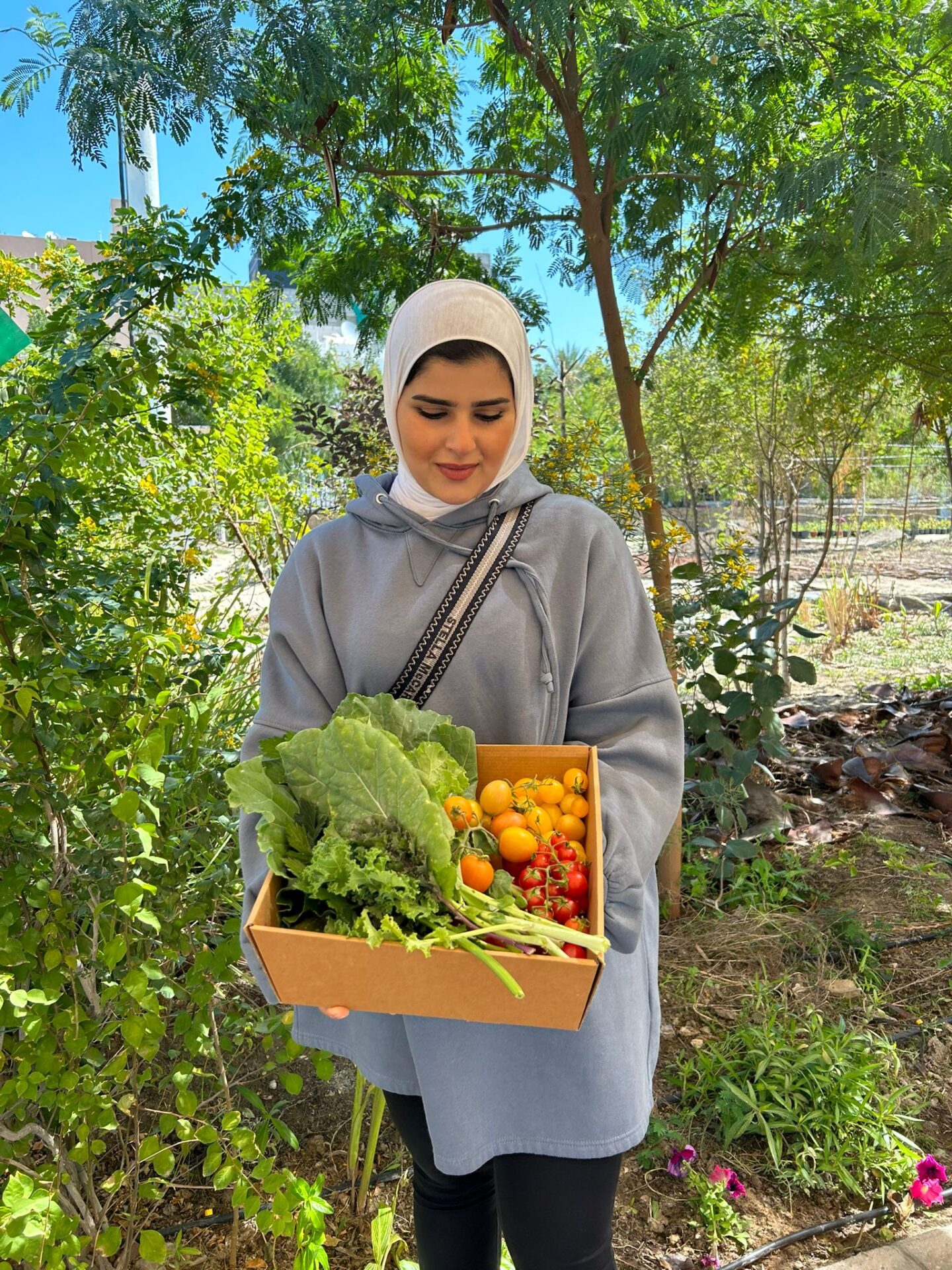
How do you approach balancing your personal life with your numerous professional and volunteer commitments?
Honestly, it’s a struggle. It’s not easy finding the time, but sometimes you have to do what you can to balance it out. I’ve missed many opportunities because I preferred to spend the time with family, and sometimes I do miss some family and friends’ functions for something I committed to. I’m blessed though with understanding family and friends. Most of them support my activities and would attend most of my lectures, workshops, and events.
You were recently awarded the Toyota Youth Achievement Award for 2024. What does this recognition mean to you, and how do you hope it will impact your work moving forward?
I believe this achievement highlighted my journey and it does encourage me doing what I love. Environmental advocacy has been so rewarding, although it doesn’t have any recognizable financial gains. I know that these awards help me realize that I’m making a difference, and people do see the effort I put and appreciate it. I will take this as fuel to push forward even further and accomplish much more.
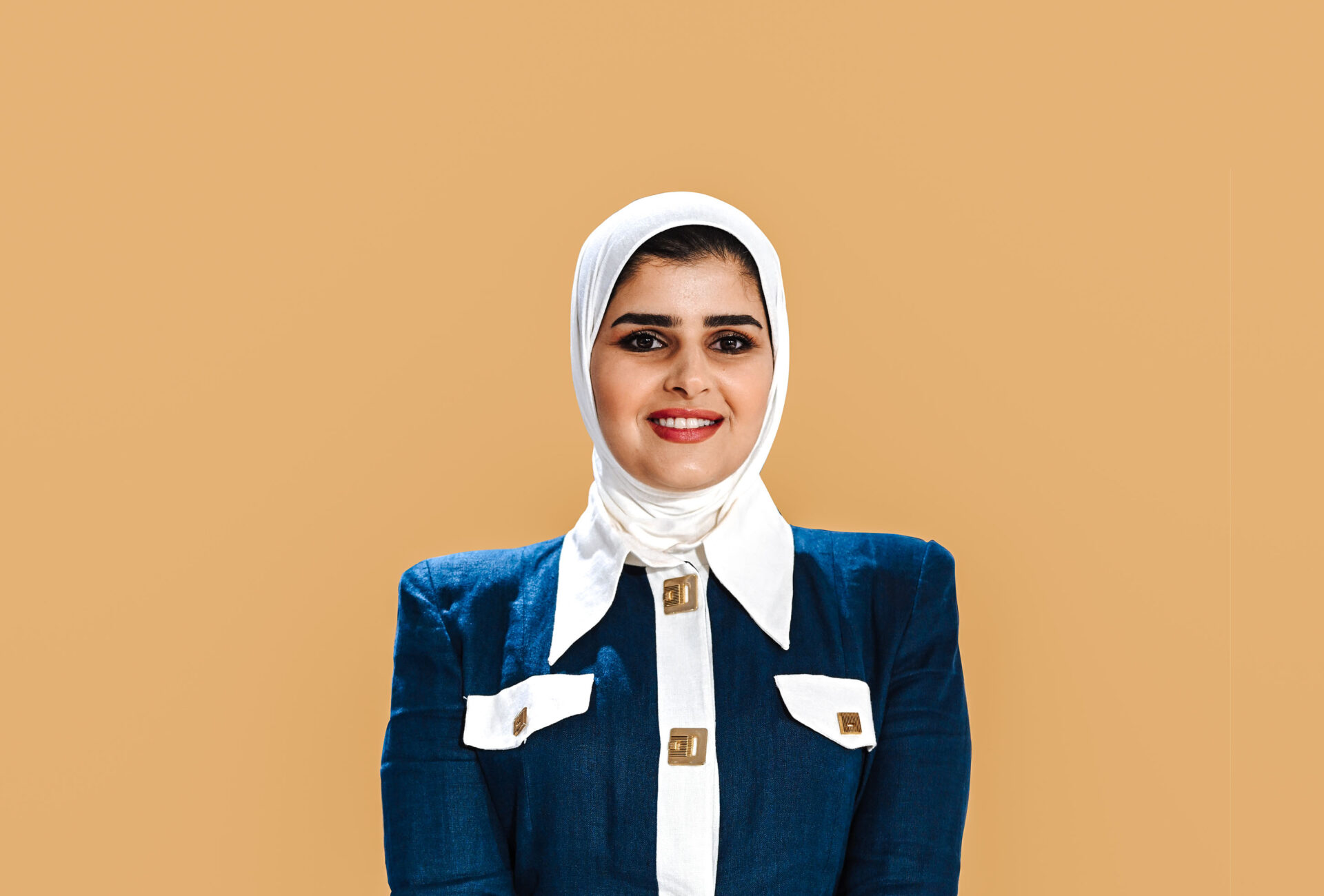
How do you encourage young women in Kuwait and the region to take on leadership roles in sustainability and environmental issues?
I have joined as a mentor in the climate hackathon, and several other competitions dedicated for the youth. Globally, women are more likely to care for the environment, and I’ve seen that through the number of women and girls who attend my initiatives. Once I see their interest, I support their enthusiasm by giving guidance and support for those with sustainable business, ecofriendly designs, and even writing for the environment.
What are some of the most pressing environmental issues that Kuwait faces today, and how can individuals make a difference?
One of the most pressing issues we have in Kuwait is littering – along with lack of proper waste disposal options in the country. Many individuals already host beach cleanups and awareness seminars and content; however, I do believe we need urgent and drastic change and that is by pushing forward the idea of having desert and beach rangers (accredited by the government) to monitor beach activities affecting the environment and exercising penalties when needed.
Another issue would be the decline of native flora and fauna in the country. Although a global issue, we have a severe decline that is noticeable to everyone. The best way to tackle this is through providing proper ecosystems where these native species could thrive. We started doing this as Al-Saie Environmental group by mangrove planting campaigns. So far, we have planted almost 3,000 saplings and will continue to do so to enable marine species to prosper, reduce erosion, enhance the soil, improve water quality, and reduce pollution.
How has your work with various organizations, like KFAS and the Diplomatic Academy in Vienna, shaped your approach to global environmental issues?
My experience with global organizations helped me realize how connected we are as humans. Nature knows know borders and one country’s disaster can become the neighboring countries as well. Working towards improving the environment should be a global concern regardless of the citizenship or location. Another key takeaway is that we can learn from other’s experiences with environmental issues and adopt a mitigation and adaptation plans that can help us go through these changes and disasters in a better way.
Looking ahead, what are your future goals in both your personal and professional life?
One of my biggest long-term goals is to write an informative guide for the environment, helping whoever is interested navigate their lifestyle towards a more nature-centric sustainable one.
Professionally, I would love to build a community of like-minded people to drive positive change towards a better quality of life.
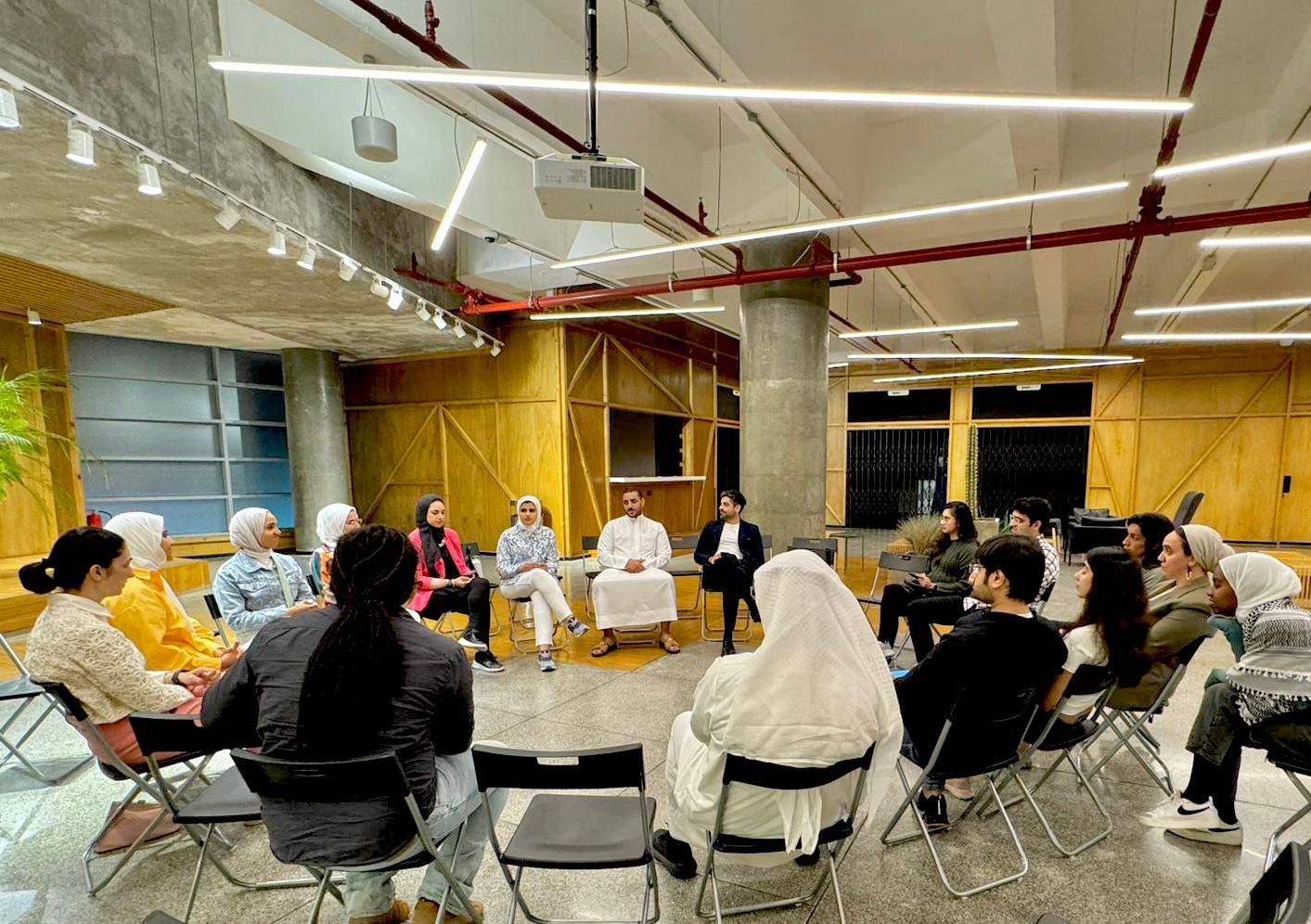
How do you plan to continue driving change in environmental awareness and sustainability?
I will continue supporting small sustainable business and help them grow. I will dedicate time and effort to produce quality content for awareness, and I will do more public events to enhance social awareness. Collaboration with fellow environmentalists and educators would create a major leap in societal knowledge, respect, and commitment towards a sustainable Kuwait.
Your message for us at CP magazine.
Thank you for creating space for and committing to environmental knowledge. Giving the opportunity to the youth to voice our interests, knowledge, and concerns nurtures a sense of civic responsibility and helps us address (and overcome) the challenges we face today!
